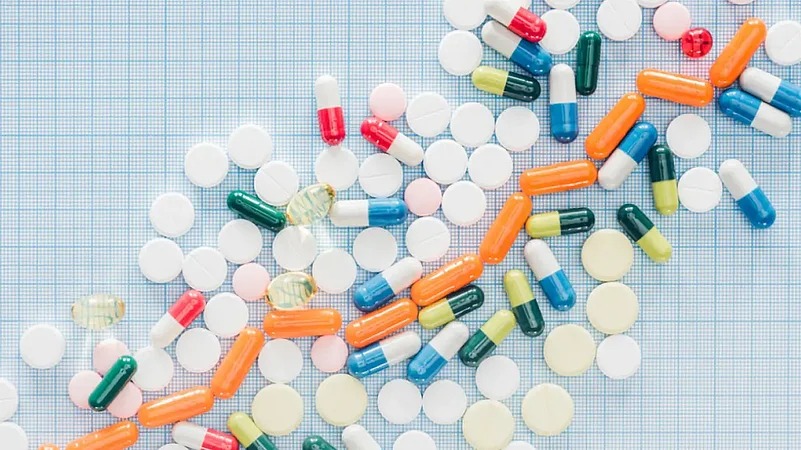


India has long held the reputation of being “the pharmacy of the world.” Thanks to robust manufacturing infrastructure, cost-effective labor, increasing regulatory compliance, and an ever-growing generic drug industry, Indian pharmaceutical companies export medicines, active pharmaceutical ingredients (APIs), vaccines, and biosimilars to more than 200 countries worldwide. For Raksha Life Health, understanding who the top exporters are—and how they maintain quality—helps build trust, ensures better procurement, and supports healthcare outcomes globally.
Several factors contribute to India’s success in exporting medicines:
Cost efficiency: Compared to many developed countries, India produces at lower costs without compromising basic quality.
Scale & capacity: Multiple large-scale factories, many WHO, USFDA, EMA or other major regulator approvals.
Diversified product portfolio: From generics to biosimilars, vaccines, injectables, tablets, etc.
Regulatory alignment: Increasing adoption of global GMP norms, inspections, certifications, and quality audits.
Supportive policy frameworks: Government incentives, export promotion councils, tax rebates.
Here are some of the leading pharmaceutical companies that export medicines globally, along with what sets them apart. These can serve as benchmarks or potential partners for Raksha Life Health.
From the above companies, some common traits emerge that define “best” exporters:
Strict adherence to global regulation and quality norms
Certifications like WHO‑GMP, US FDA, EMA, etc., with successful audits and inspections.
Robust R&D pipelines & innovation
Even among generics companies, those who invest in complex generics, biosimilars, novel formulations often have a competitive edge.
Reliable supply chains and logistics
Ensuring raw materials (APIs, excipients) are of high quality, timely delivery, compliance with import/export duties, good packaging, cold chain when needed.
Cost optimization without quality compromise
Efficient manufacturing, scale economies, lean operations, ability to source raw materials cost‑effectively.
Regulatory, compliance & market approvals in important geographies
Having dossiers lodged and approved in US, EU, Japan, and other stricter regulatory jurisdictions improves credibility.
While India is strong, there are challenges which exporters need to consistently manage:
Regulatory changes and inspections can be stringent and expensive.
Fluctuating raw material prices, sometimes dependency on imports (e.g., APIs).
Trade barriers, tariffs, and regulatory non‑tariff measures in importing countries.
Maintaining cold supply chain integrity, especially for biologicals, vaccines.
Quality lapses in one facility can affect brand reputation globally.
As a health service / health brand (or supplier / partner, depending on your role), here are ways you can benefit:
Partnerships with top exporters for consistent supplies of high‑quality generics, APIs, or specialised meds.
Due diligence: when choosing suppliers, check their certifications, regulatory history, export destinations, audit reports.
Transparency: educate patients/clients about why medicines from certain manufacturers cost more (due to regulation, quality standards) — helps in building trust.
Focus on newer exported segments: vaccines, biosimilars, novel generics — these are growing globally.
Keeping up with policy changes: government export incentives, regulatory norms, trade agreements affecting pharma exports.
© Copyright 2025. All Rights Reserved, Powered By Persistent infotech